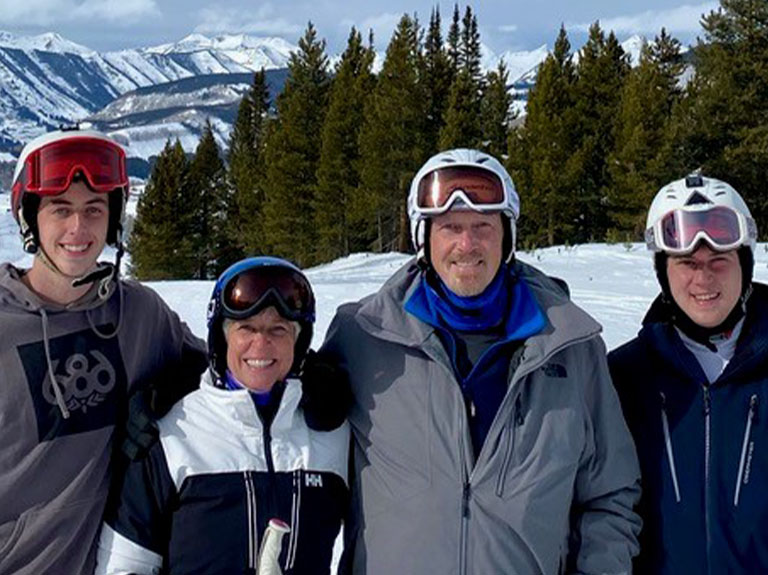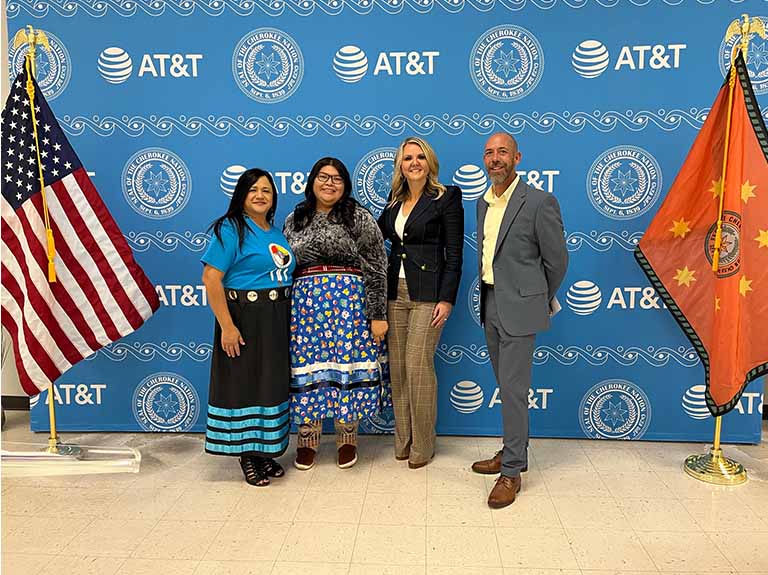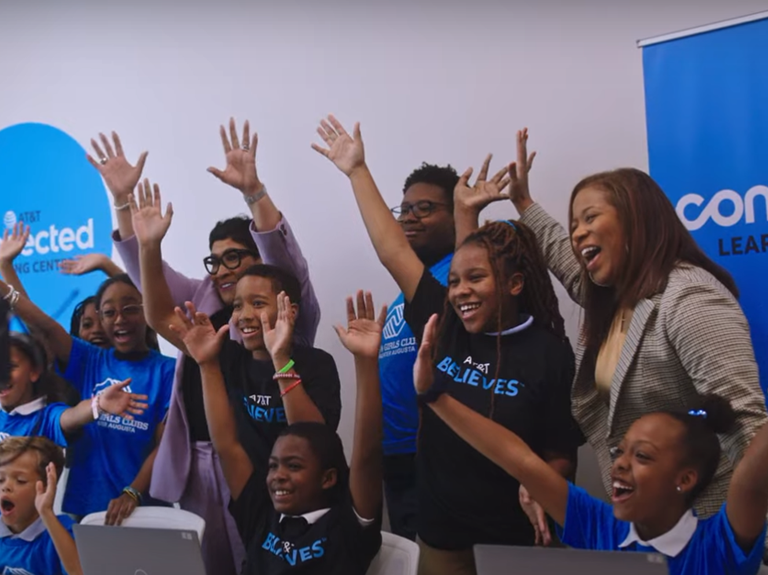Twenty years ago, on the same day I received the wonderful news that my wife and I were expecting our second child, I was diagnosed with Multiple Sclerosis (MS). My emotions went from extreme happiness to suddenly being uncertain about the future. All I knew then was that this disease affects a person’s neurological system and there is no cure for it.
As you could imagine, I initially had a very difficult time accepting my new illness. Like most, I immediately began searching for answers and talking to others with MS, and soon found myself going down a rabbit hole of worst-case scenarios — blindness being one of the more alarming symptoms. A million questions filled my mind. Would I be able to continue managing work? How would this impact my family? What was my future going to look like now?
The reality was that my new illness began affecting every aspect of my personal and professional life. It challenged my day-to-day normalcy, from getting dressed in the mornings to having trouble walking, and the occasional lapses of numbness which made using a touchpad on a laptop difficult at times. Early on in my diagnosis I debated keeping my disability a secret out of fear that I would need “special treatment.” Being a very independent and private person, I did not want people to know I had MS, particularly those at work. In hindsight, it was during those moments that I needed the most support. That’s why one of the best and toughest decision I’ve made in my career was telling others about my disability and as a result receiving the support I needed.
It took a long time for me to realize that I could be in charge of my own life despite the symptoms, and that having a disability was not a death sentence. Now, twenty years after living with MS, I am reminded not only of how far I’ve come, but of how far society has come to support people with disabilities.
As we celebrate the 32nd anniversary of the Americans with Disabilities Act, an important legislation that prohibited discrimination against individuals with disabilities in all areas of public life, I’m grateful for the equal rights and advancement opportunities that this critical legislation has provided, and I am encouraged by the advances that have been made benefitting the disability community.
Some of that progress has changed my own life. Technological advances, including telehealth, have allowed me to stay connected with my doctors regularly throughout the pandemic. At work, it’s the innovative products with enhanced accessibility features that allow me to go about my day, business as usual. It’s these tools that have helped me sympathize and have a deeper understanding of the importance of digital inclusivity, especially for people with disabilities.
We know that those who can’t get online usually fall behind, be it in educational or professional attainment. Recent research from Digitunity, a national organization working to eliminate the technology gap, shows that people with disabilities or a chronic illness are less likely to own a computer and use the internet. But it is precisely our community that benefits the most from access to internet and devices, given our increased need for new medical information or possible limited physical mobility. It’s encouraging to see AT&T’s work to help bridge the digital divide, providing critical educational and key health benefits for our community.
I’m living proof of the difference it can make when opportunities and resources are made available to make someone with a disability feel more comfortable. And although I am still dealing with the same symptoms from time to time, they have become more manageable thanks to the support from the community I’ve built — both at work through becoming more involved in supporting disabled veterans like me, and in my personal life with the support of family and friends.
Please join me in celebrating 32 years of the ADA and the importance of this critical civil rights law.
To learn more about AT&T’s work on accessibility, click here and to learn more about the evolution of ADA, I encourage you to take this quiz.



